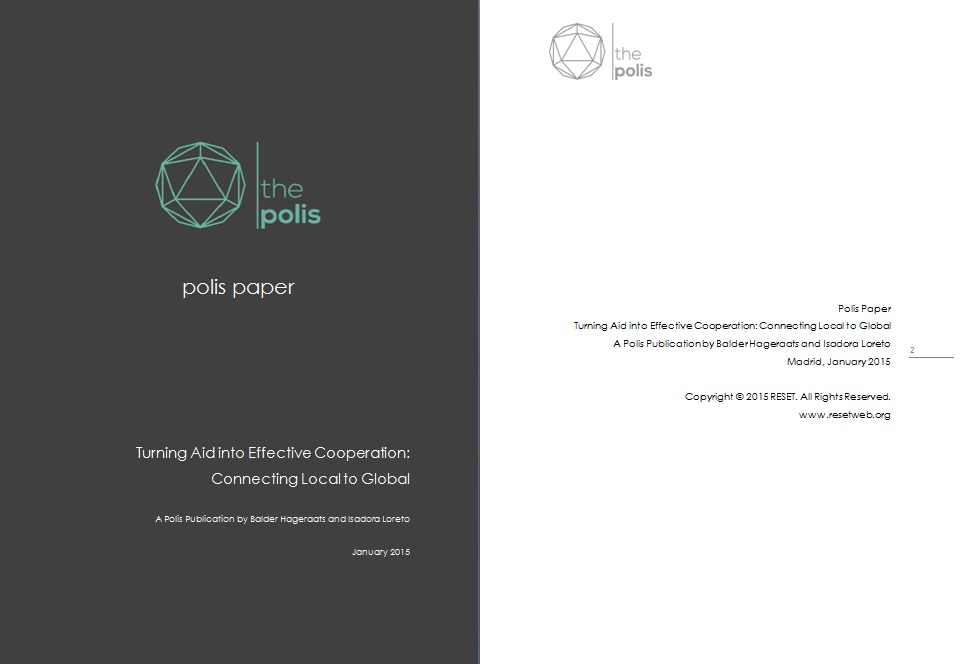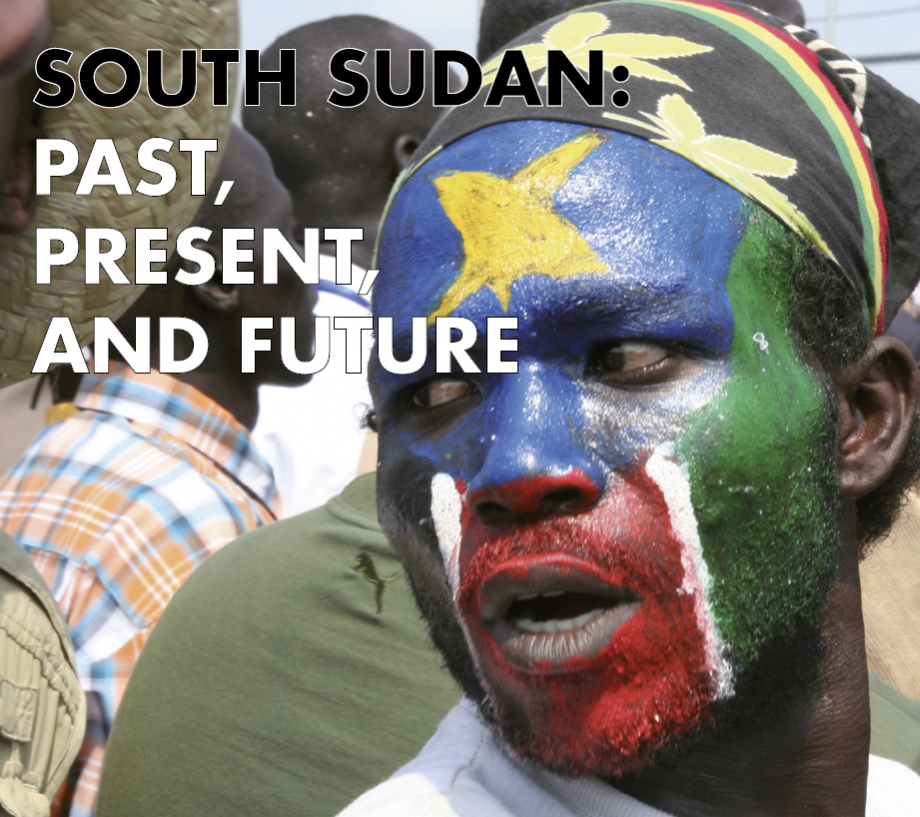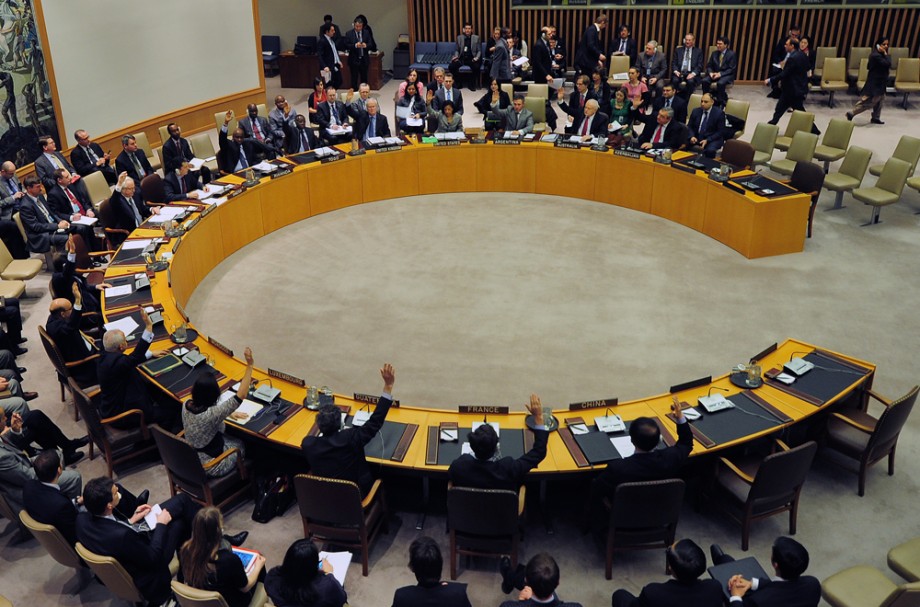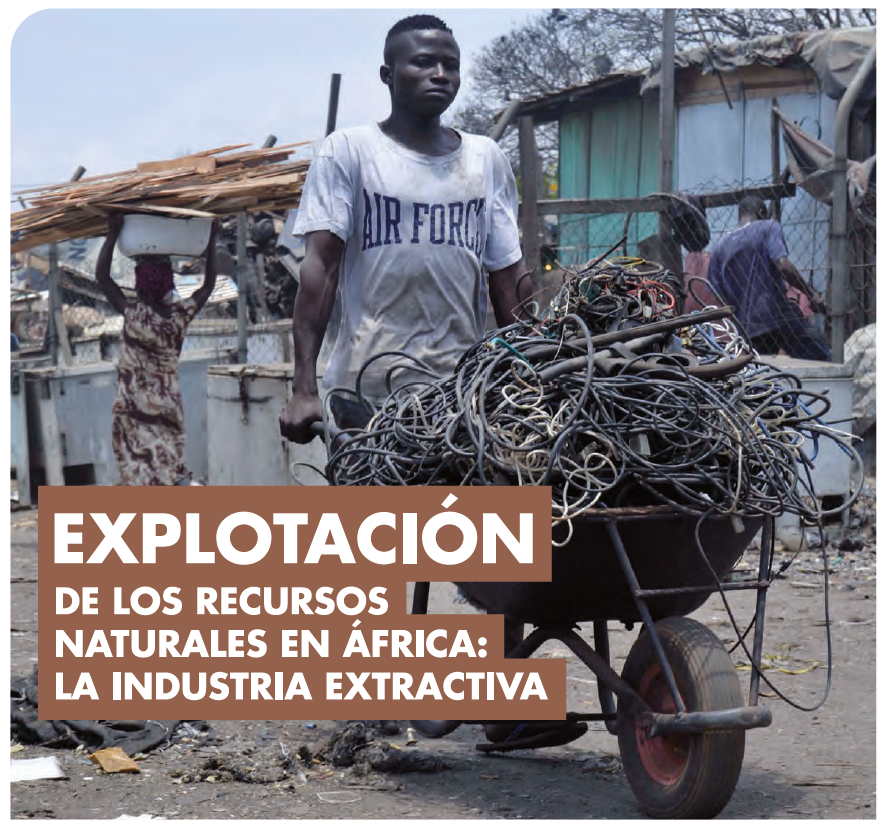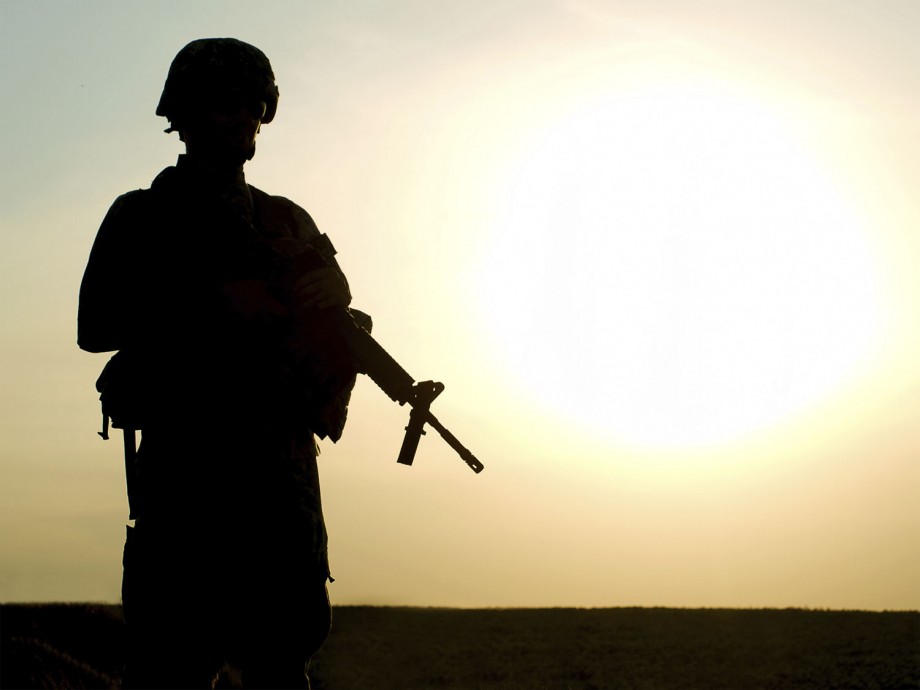The withdrawal of most United States combat troops from Afghanistan in 2014 not only is an important symbolic moment for Washington’s foreign policy which will effectively close the book on the post-9/11 “War on Terror”, it will also have major repercussions on Afghanistan and its neighbours in Central Asia. The void that Western forces leave behind is likely to be filled by more local-centred interests and other major international players such as China and Russia. Afghanistan has always been a geopolitical battleground, and the 21st Century will prove no different. The extraction and transport of natural resources, zones of influence, religious and ethnic strife, concerns about local terrorism and its proximity to other geostrategic hot-spots such as Iran and Pakistan- all combined with a lack of internal sovereignty-means that Afghanistan is unlikely to escape the clutches of external meddling.
ReSeT has written a series of articles by its experts on what the post-withdrawal future will bring for the most important national actors involved, and on how this will affect international relations during the coming decade.Through one article per country, we will analyse the impact that the new Afghan situation will have on:
Afghanistan (Carmen Alonso Villaseñor): The conflict in the Central Asian country is a prime example of the complexities involved in New Wars. The inability of the superpowers to understand and address them has historically led to defeat in the arid mountains of this country. Beyond the particular failed policies of the consecutive invaders, Afghanistan represents the inaptitude of the international system of states to deal with modern challenges.
Pakistan (Balder Hageraats): Afghanistan’s future is intimately linked with that of Pakistan because of cross border identities and interests. Both countries’ complicated and ambiguous relationships with the US will become even more strained after 2014, and Islamabad will shift its focus towards Beijing and other local players. The West is likely to be marginalised in this process, and may need to shift its focus back to India.
Iran (Ricard Boscar): Despite mainstream thought in policy and security circles in the West, Iran could play an important role in the stability of Afghanistan and the region. Teheran has enough resources, ranging from cultural to economic assets, to cast its influence eastwards. How Iran decides to use them is linked to the future arrangement of interests in the region and depends on the US stance towards the ayatollahs’ regime.
Russia (Alberto Pérez Vadillo): The American withdrawal will force Moscow to recalibrate its policy towards Afghanistan and across the region. Much of what Russia can achieve depends on its relations towards the various Central Asian states. Regarding this, Moscow’s room to manouver will be constrained by both the presence Washington chooses to preserve and Beijing’s ambitions.
China (Carmen Alonso Villaseñor): The growing weight of China in international geopolitics has gotten to a point of no return. But the new superpower is still reluctant to assume the responsibility and burden that its position implies. Beijing’s economic diplomacy is already strong, but to secure its interests, China will have to adjust its foreign policy, and Afghanistan after 2014 will be an important thest of this.
The United States (Balder Hageraats): The United States, after licking its wounds from two unwinnable wars and economic crisis, will need to scale back it global ambitions, and particularly those in Central Asia, where it will no longer be able to compete with other more local competitors. Washington policy will focus on specific goals, such as national resources security, rather than maintaining its more expansive agenda of the last decade.
Read the whole report here: ReSeT Report: The US Withdrawal from Afghanistan







